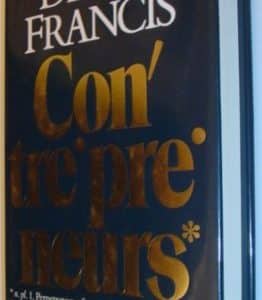Description
From one of the architects of the new science of simplicity and complexity comes a highly personal, unifying vision of the natural world. As a theoretical physicist, Murray Gell-Mann has explored nature at its most fundamental level. His achievements include the 1969 Nobel Prize for work leading up to his discovery of the quark—the basic building block of all atomic nuclei throughout the universe. But Gell-Mann is a man of many intellectual passions, with lifelong interests in fields that seek to understand existence at its most complex: natural history, biological evolution, the history of language, and the study of creative thinking. // These seemingly disparate pursuits come together in Gell-Mann’s current work at The Santa Fe Institute, where scientists are investigating the similarities and differences among complex adaptive systems—systems that learn or evolve by utilizing acquired information. They include a child learning his or her native language, a strain of bacteria becoming resistant to an antibiotic, the scientific community testing new theories, an artist implementing a creative idea, a society developing new customs or superstitions, a computer learning to play chess, or the human race evolving ways of living in greater harmony with itself and with other inhabitants of the Earth. // The Quark and the Jaguar is an engaging, elegantly written introduction to the life’s work of one of this century’s most accomplished and influential scientists. This is Gell-Mann’s own story of finding the connections between the basic laws of physics and the complexity and diversity of the natural world. The simple: a quark inside an atom. The complex: a jaguar prowling its jungle territory in the night. Exploring the relationships between them becomes a series of exciting intellectual adventures.






